
It is by his freedom that a man knows himself, by his sovereignty over his own life that a man measures himself
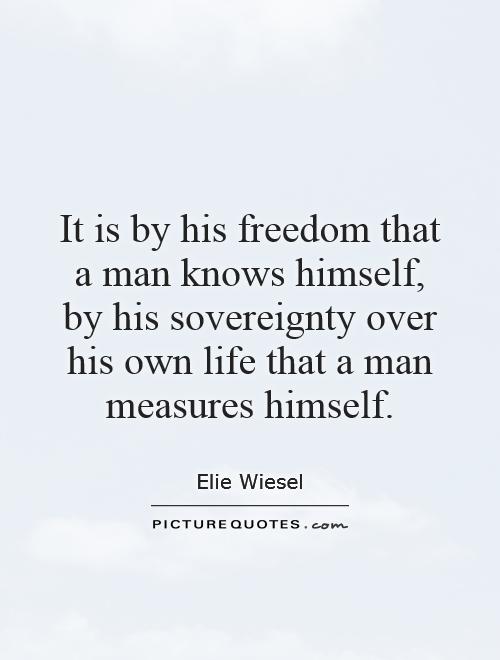
It is by his freedom that a man knows himself, by his sovereignty over his own life that a man measures himself
Elie Wiesel, a Holocaust survivor and Nobel Peace Prize laureate, understood the profound significance of freedom and sovereignty over one's own life. Throughout his life, Wiesel experienced unimaginable suffering and loss, yet he never lost sight of the importance of individual autonomy and self-determination.Wiesel's experiences during the Holocaust taught him the brutal reality of what happens when freedom is stripped away and individuals are subjected to the whims of oppressive regimes. He witnessed firsthand the dehumanization and degradation that occurs when people are denied the right to make choices for themselves and are forced to live under the control of others. This experience only deepened his appreciation for the value of freedom and the importance of fighting for it.
In his writings and speeches, Wiesel often emphasized the need for individuals to assert their sovereignty over their own lives and to resist any attempts to diminish their autonomy. He believed that true self-knowledge and self-worth could only be achieved through the exercise of freedom and the ability to make decisions that align with one's values and beliefs.
For Wiesel, the measure of a man was not in his material possessions or social status, but in his ability to stand up for what he believed in and to live a life guided by his own principles. He believed that true greatness lay in the courage to assert one's independence and to take responsibility for one's own destiny.
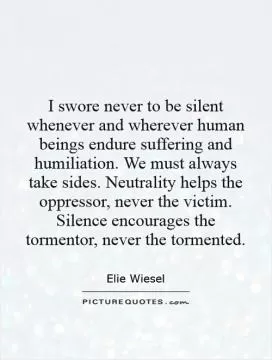
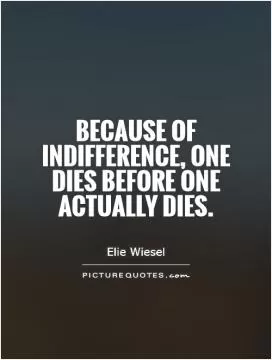



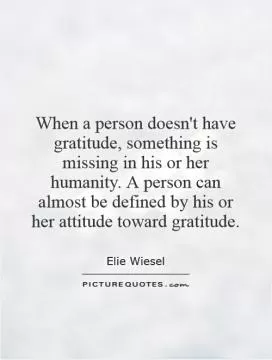
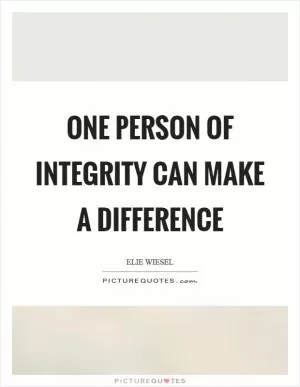

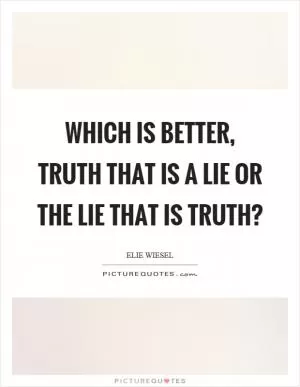
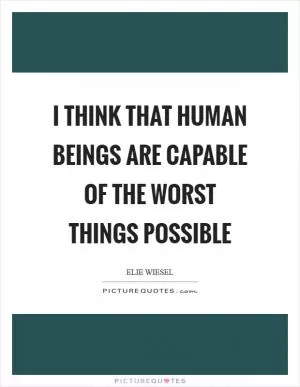

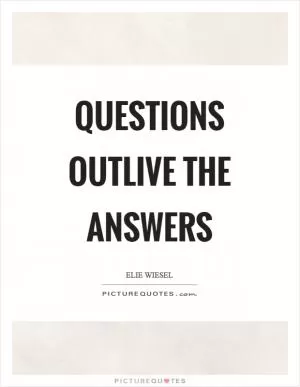
 Friendship Quotes
Friendship Quotes Love Quotes
Love Quotes Life Quotes
Life Quotes Funny Quotes
Funny Quotes Motivational Quotes
Motivational Quotes Inspirational Quotes
Inspirational Quotes